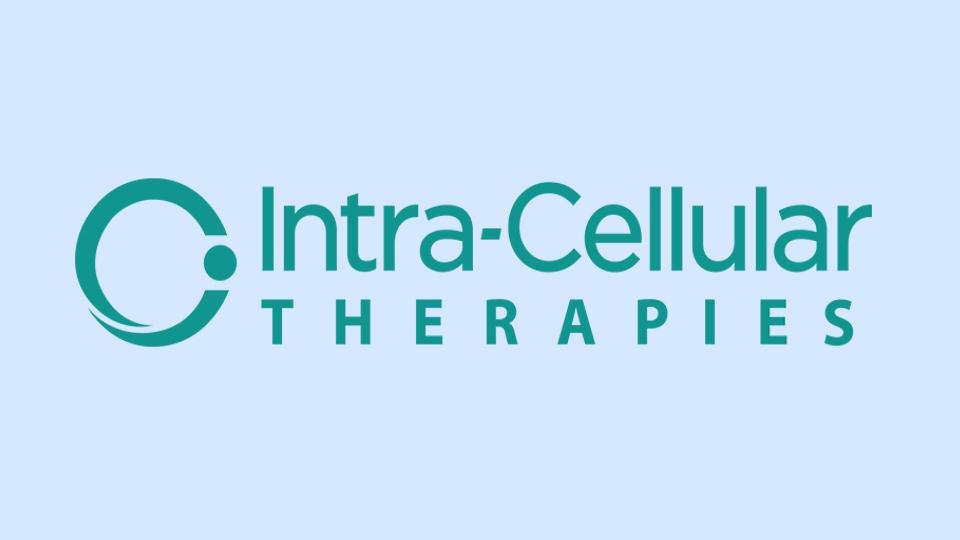Intra-Cellular sets up $500m offer on Caplyta depression win

Shares in Intra-Cellular Therapies rose sharply after it reported that its only product Caplyta was effective for a new indication, major depressive disorder (MDD), in a phase 3 trial.
Caplyta (lumateperone) has been approved to treat schizophrenia since the end of 2019 and bipolar depression since 2021, with sales growing steadily to reach $462 million last year, easily matching analyst expectations in that use.
Adding MDD as an indication could unlock a big new market and drive the product to blockbuster revenue levels, and the new readout puts Intra-Cellular on course for its target of filing for approval in MDD before the end of the year.
Buoyed by the new data, Intra-Cellular promptly filed a $500 million stock offering to help fund what could be a big expansion of its business, along with additional trials of Caplyta in new indications like irritability associated with autism and a following R&D pipeline that includes therapies for Parkinson’s disease and cancer.
In the new trial, called Study 501, a once-daily oral dose of Caplyta or a matched placebo was given on top of regular antidepressants to 485 patients who were unable to get sufficient benefit from one of two standard therapies.
The primary endpoint in the study was the change in the Montgomery–Åsberg Depression Rating Scale (MADRS) at week six, with Caplyta showing a 14.7-point improvement versus 9.8 points for placebo.
That 4.9-point difference was comfortably above a 2- to 4-point range highlighted by Intra-Cellular’s chief executive Dr Sharon Mates on an earlier conference call as what might be expected from the study.
All eyes now turn to Study 502, a second phase 3 trial of Caplyta as an adjunctive therapy for MDD, which is due to generate results in the next few months and – if positive – will support marketing applications.
Caplyta is a first-in-class drug that acts on three neurotransmitter systems – dopamine, serotonin, and glutamate – and seems to have a faster onset of action than conventional antidepressant drugs, which can take weeks to have a mood-elevating effect.
That rapid-acting property helped Johnson & Johnson claim FDA approval for its nasal spray antidepressant Spravato (esketamine) in 2019 for treatment-resistant depression, despite mixed results in trials. Last year, Spravato grew more than 80% to $689 million, showing the potential in the category.
Another recent entrant is AbbVie’s Vraylar (cariprazine), which also started out as a treatment for schizophrenia and bipolar disorder and added adjunctive therapy of MDD to its label in 2022. Sales leapt by more than a third to $2.8 billion last year after that approval, while another candidate approved around that time promising rapid action – Axsome’s Auvelity (dextromethorphan/bupropion) – made $130 million.
Meanwhile, emerging candidates include J&J’s seltorexant and Relmada’s REL-1017 (dextromethadone), which are in phase 3 trials. Another potential rival is Sage Therapeutics/Biogen’s Zurzuvae (zuranolone), although that was approved by the FDA only for post-partum depression last year, with the MDD indication rejected.













